The arrest of Abdul Majed, killer of first President of Bangladesh Sheikh Mujibur Rahman’s in Dhaka exposes the cobweb of religious radicalisation spread over Bengal as Abdul Majed revealed that he had been hiding in West Bengal for over 22 years.
– Suman Bhattacharyya
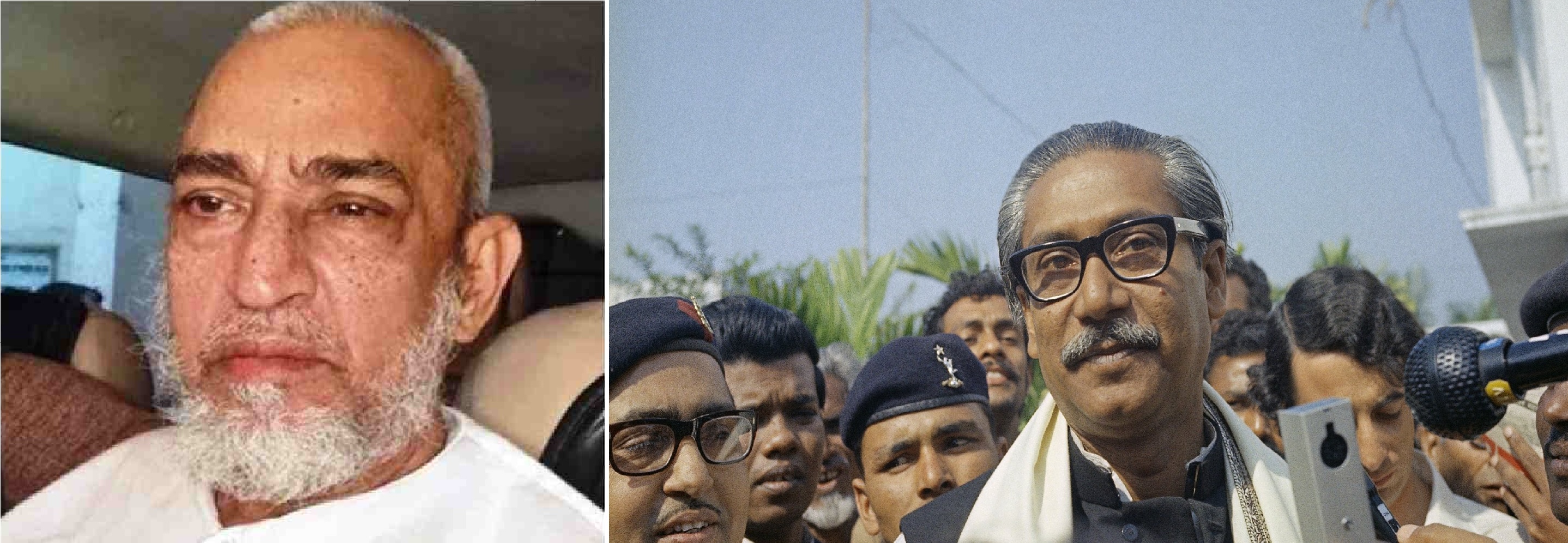
Abdul Majed, a convicted fugitive killer of Father of the Nation Bangabandhu Sheikh Mujibur Rahman, was arrested in Dhaka on April 7
This year marks the birth centenary of Sheikh Mujibur Rahman (1920-1975), lovingly called Bangabandhu. He was the chief architect of independent Bangladesh. Considering the significant role played by India in the Bangladeshi Liberation War and its preeminence as a neighbour in world politics, Indian leaders, had been invited to the high-level function that was scheduled to be organised by the Government of Bangladesh on March 26, 2020. Our Honourable Prime Minister, Narendra Modi, was supposed to have attended the programme along with other invitees, like Pranab Mukherjee, former President of India, and Sonia Gandhi. Unfortunately, the programme had to be deferred because of the Corona crisis that has gripped the world. Shyam Benegal, who has to his credit the direction of several off-beat feature films and had directed a biopic of Netaji Subhash Chandra Bose (2004), has been entrusted with the responsibility of directing a biopic of Sheikh Mujib, by his daughter Sheikh Hasina, the Prime Minister of Bangladesh.
A few programmes have already been organised in some places in Kolkata associated with the memory of Bangabandhu. Sheikh Rehana, the younger sister of Prime Minister Sheikh Hasina, had, on a recent occasion, garlanded the statue of her father at the Baker Hostel in Kolkata. Bangabandhu had stayed in this hostel during his student life in Kolkata.
Amid all the celebrations, Kolkata faced the biggest embarrassment when Abdul Majed, one of the accused charged with the assassination of Bangabandhu, was arrested from Dhaka on April 7.
Abdul Majed, a sacked officer of the Bangladesh Army, was one of the six fugitive killers of Bangabandhu believed to be hiding abroad. He had disappeared in 1997 after Shekh Hasina was voted Prime Minister and she opened the case of her father’s assassination. Majed had returned to Dhaka on March 16 via Kolkata airport, on a forged Indian passport. The arrest of Abdul Majed exposes the law and order situation in Bengal. In his confession to the security agencies, Majed confirmed he had been hiding in different areas of Kolkata and its suburbs, in the north and the south 24 Parganas, for over 22years. Majed’s confession only confirms the allegation that Kolkata is a haven, a peaceful refuge for Muslim terrorists from any part of the globe. Interestingly, investigations also reveal Majed had initially tried to hide in Libya and Thailand. But relative uneasiness drove him to Kolkata where he found a secure shelter for himself during more than last two decades.
The growth of Muslim fundamentalism and the support to radicalisation that started during the Left Front regime in West Bengal has been carried to dangerous proportions during the Mamata Banerjee-led Trinamool Congress rule since 2011 in the State.
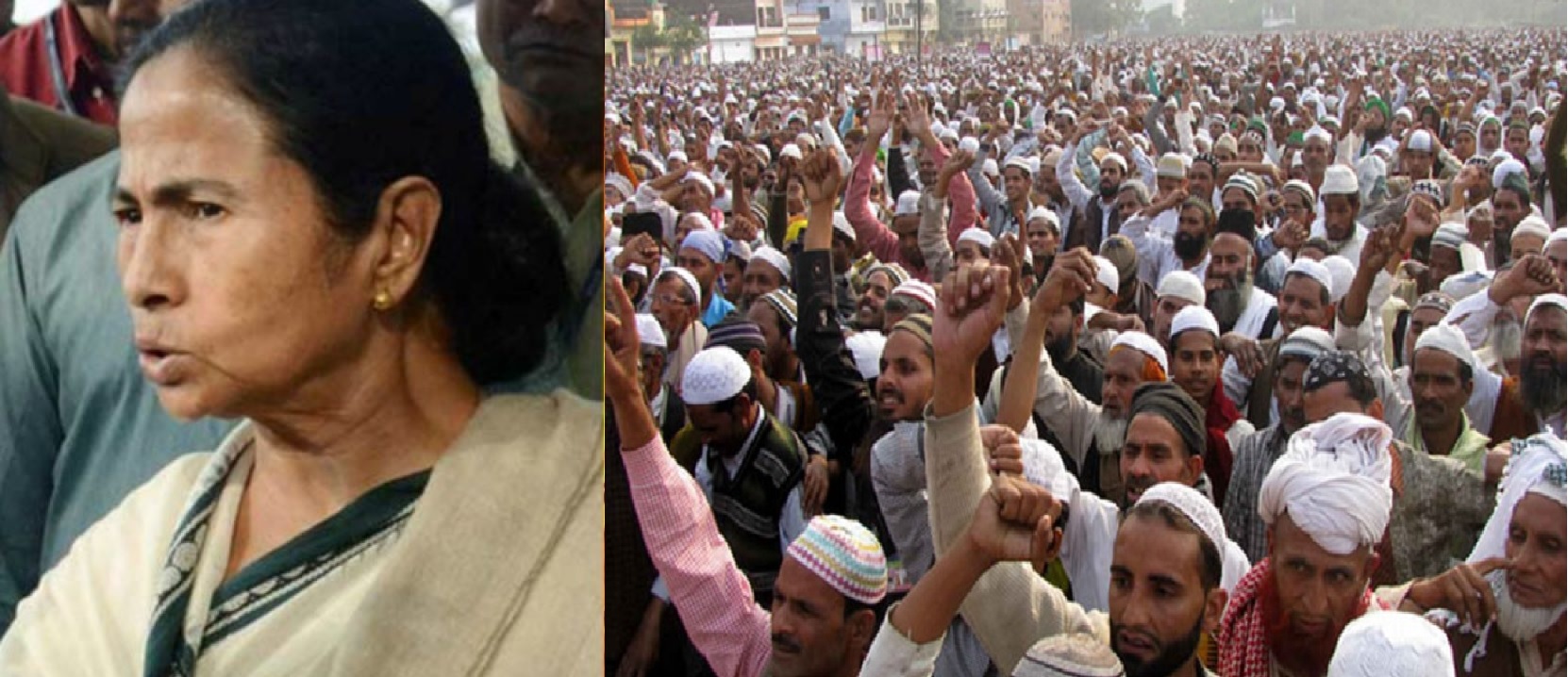
The growth of Muslim fundamentalism and the support to radicalisation that started during the Left Front regime in West Bengal has been carried to dangerous proportions during the Trinamool Congress (TMC) rule since 2011 in the State. There is a strong lobby against the pro-Indian, progressive and pro-Mujib forces of Bangladesh in Kolkata. This lobby has openly supported the Bangladeshi Jamaat on several occasions. One such proponent of the pro-Jamaat Islamist lobby has been Ahmed Hasan Imran, who used his edited paper, Kalam, to propagate the fundamentalist views. TMC had nominated Imran to the Rajya Sabha in 2014, despite several allegations against him. It is an interesting coincidence that Majed had left Kolkata the same day, March 2020, when Imran failed to procure the nomination to Rajya Sabha for a second time and Mausam Benazir Nur was nominated in his place.
Majed was in Kolkata for 22 years. We would also request you here to recall that one of the intelligence reports on the Khagragarh blast (October 2, 2014) had indicated that it was a part of a conspiracy to assassinate Sheikh Hasina. The trans-border linkages of fundamentalism, radicalisation and terrorism were, however, evident at Khagragarh. The clues from Khagragarh had led to the arrest of Musa, an IS operative, from the Birbhum district of West Bengal, in July 2016. The Khagragarh incident and the trails of Musa and Majed lead us to a bigger picture of how the Muslim radicalised forces are operating in West Bengal and using their network to shelter most wanted criminals like Musa or Majed.
The forged passport of Musa and his staying in Kolkata for over 22 years actually establish why Kolkata has been the hotbed of discussion on CAA and NRC, why in West Bengal we had seen the most violent demonstrations against CAA leading to loss of crores of railway and other government property .
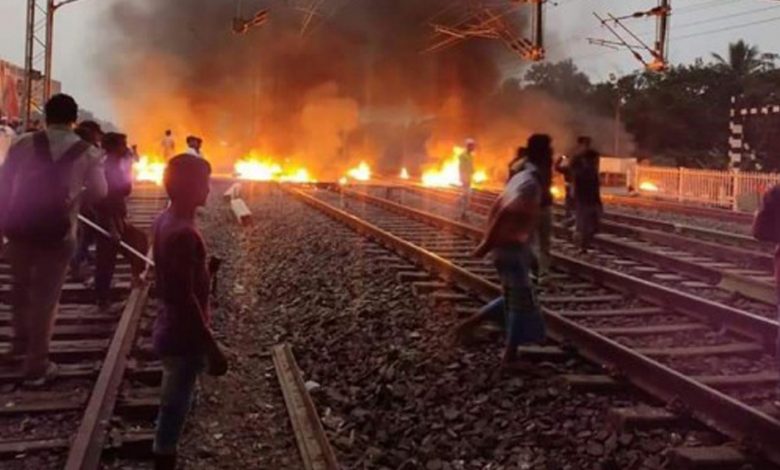
The forged passport of Musa and his staying in Kolkata for 22 years actually establish why Kolkata has been the hotbed of discussion on CAA and NRC, why in West Bengal we had seen the most violent demonstrations against CAA leading to loss of crores of railway and other government property. We can understand why Park Circus Maidan, a focal point in a Muslim ghetto, had become the centre stage of anti-CAA demonstrations and why a section of the Muslim population was desperately opposing CAA and the introduction of NRC.
The spread of Islamic radicalisation and its political patronage has a long history in West Bengal. The murder of Vinod Mehta, DC Port, on March 18, 1984, is a case in point. It was alleged that a (Mus?im) minister of the Left Front Government in West Bengal was sheltering the Razakars (the anti-liberation forces) who had fled from Bangladesh. He was instrumental in procuring ration cards and voter cards for them, thus legitimising them as Indian citizens. He facilitated their stay in Kolkata in the Kidderpore -Garden Reach areas where these illegal, radicalised migrants gradually got to control the smuggling syndicates in the port area of Kolkata. Vinod Mehta, who sought to expose this malpractice, was eventually killed with his bodyguard.
The arrest of Abdul Majed exposes the law and order situation in Bengal. In his confession to the security agencies, Majed confirmed he had been hiding in different areas of Kolkata and its suburbs, in the north and the south 24 Parganas, for over 22 years. Majed’s confession only confirms the allegation that Kolkata is a haven, a peaceful refuge for Muslim terrorists from any part of the globe.
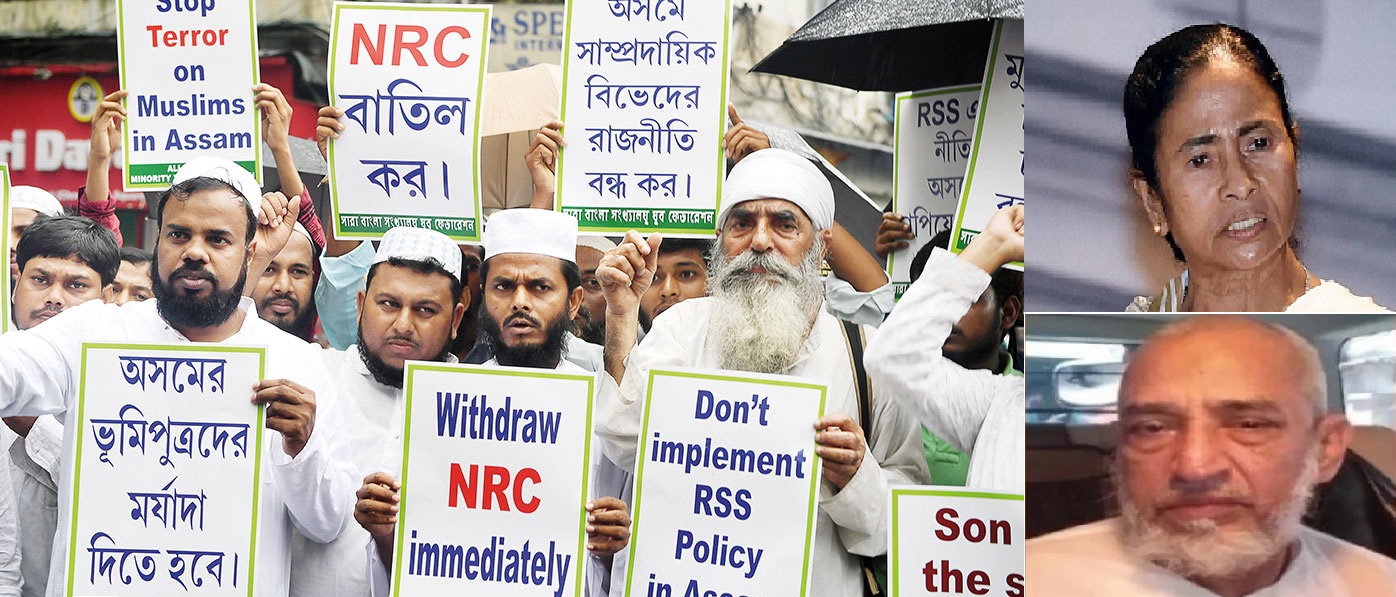
But the Left Front Government was undeterred in its support and protection of these people, keeping the vote bank in mind. It is now a paradox that Mamata Banerjee had been the most vocal critic of the Government in this regard since 1998. In several of her election manifestos, the infiltration of the radicalised Bangladeshis was questioned. Unfortunately, when she came to power in 2011, she also started negotiating with this dangerous nexus and started patronising and protecting them.
It was this patronage that resulted in an anti-Shahbag demonstration in front of the Bangladesh High Commission in Kolkata in 2013. It was this patronage that encouraged a section of the population to demand that the Rohingyas be sheltered in the country. Interestingly, one of her Cabinet ministers, Siddiqullah Choudhury, had addressed this rally demanding a refugee status for Rohingyas in India. A few years ago, in November 2016, a 3-day annual conference of the All India Muslim Personal Law Board, was held in Kolkata. The most popular and powerful TMC leaders joined in the meeting where it was openly declared that the Constitution did not bound Muslims of India in any way. Shariat and pan Islam were the only path before Muslims.
All these taken together only reveal the deplorable plight of law and order in the State. An occasional procession taken out on the International Mother Language Day to honour the language martyrs of Bangladesh (who gave their lives to resist the hegemony of Urdu over Bangla) cannot cover the reality of an ongoing process of radicalisation in Bengal.


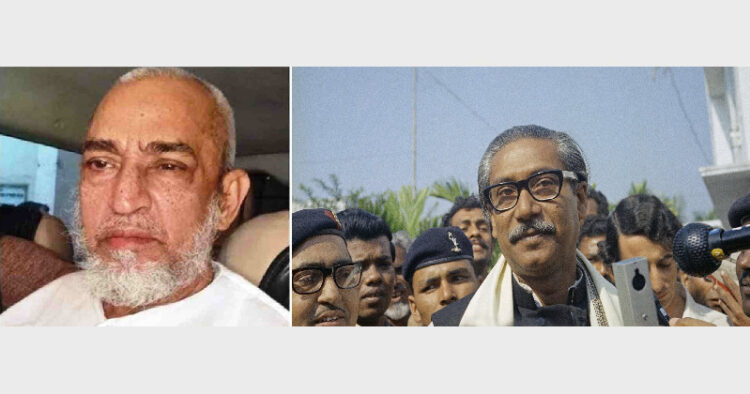










Comments